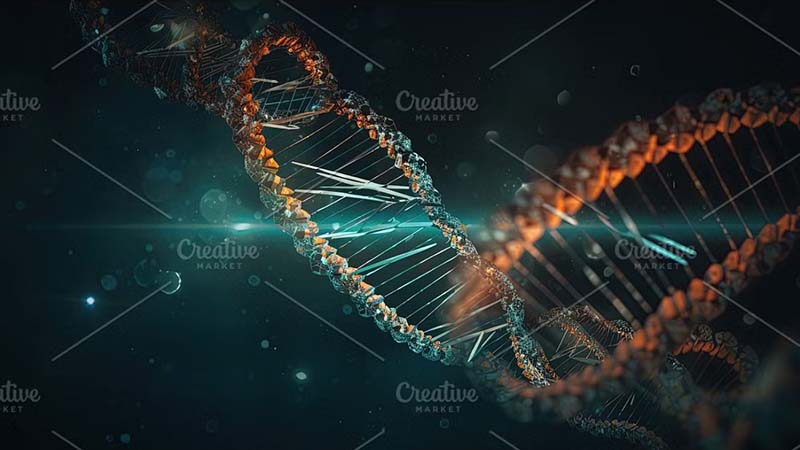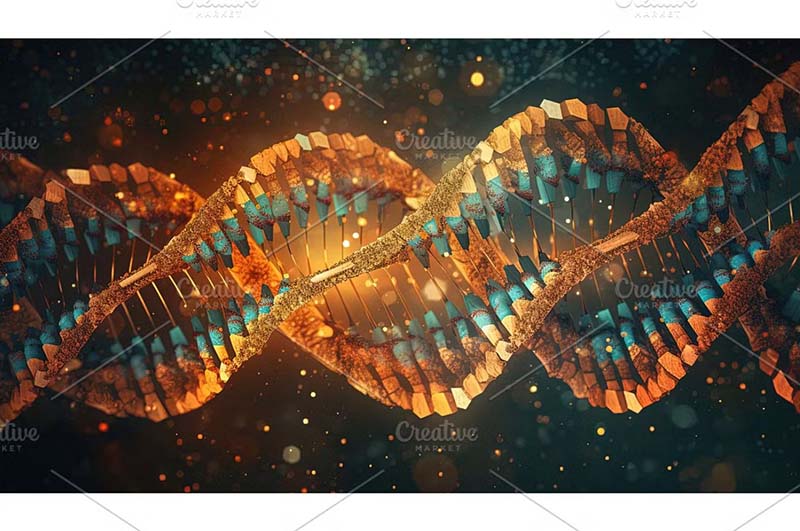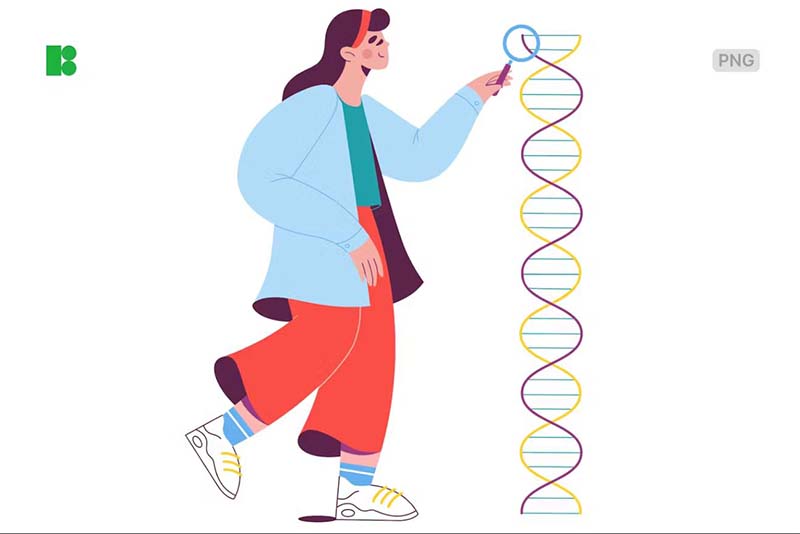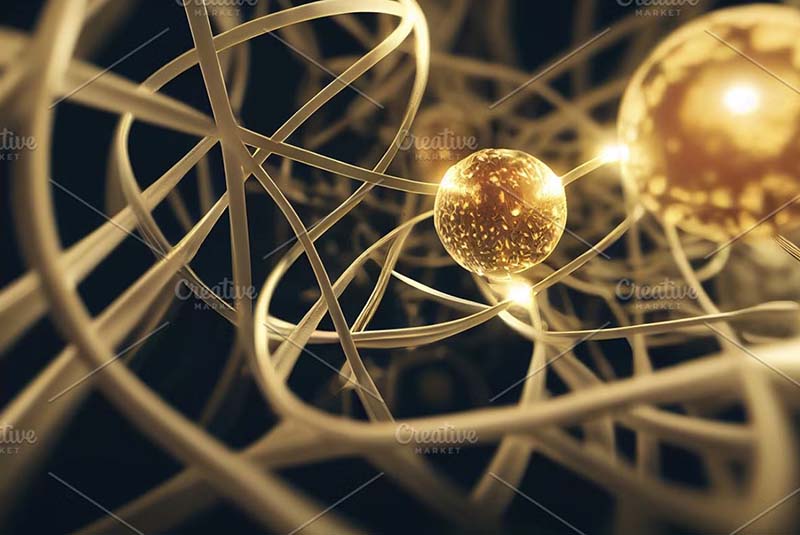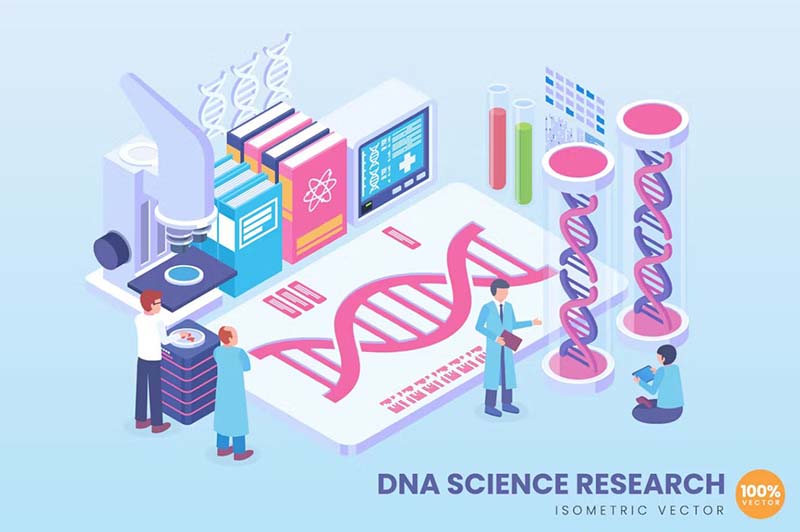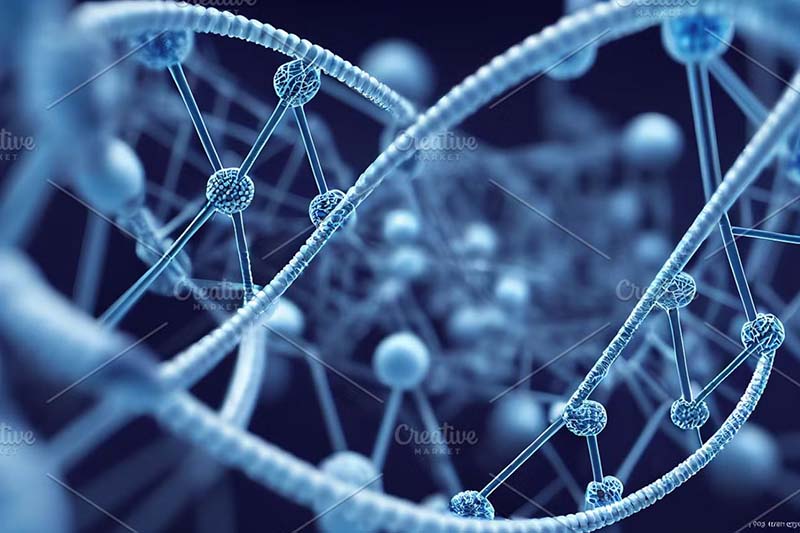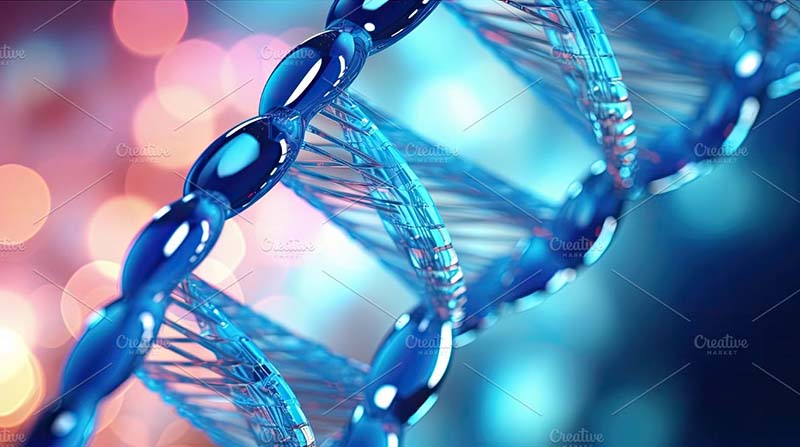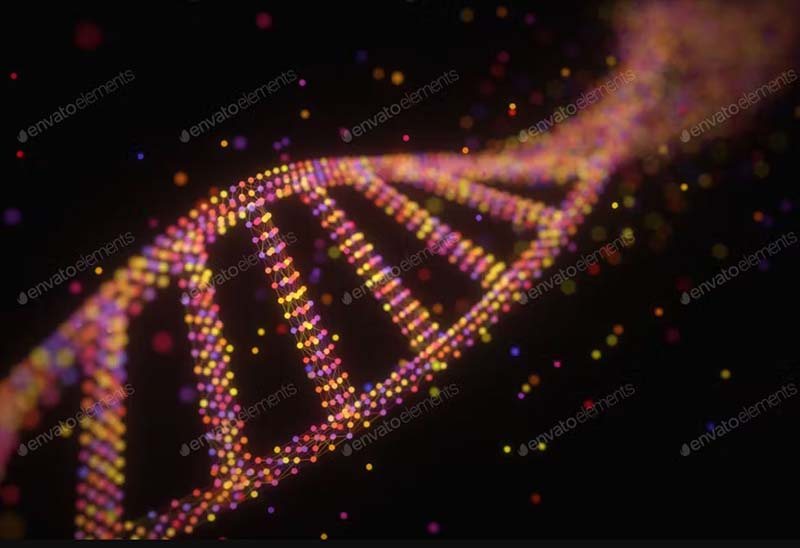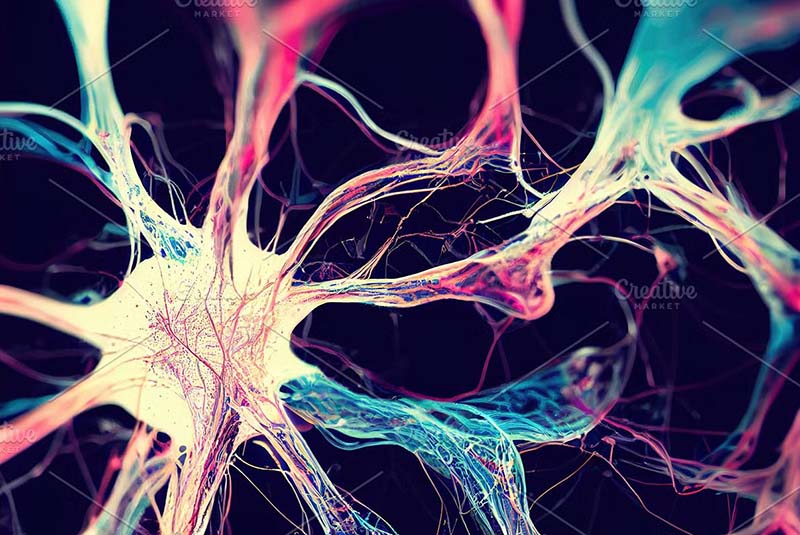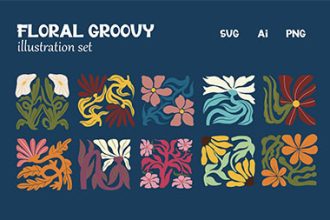The Power of DNA Helix Molecule Spiral Graphic Illustrations
The DNA helix Molecule Spiral, often depicted as a mesmerizing spiral, is a symbol of the profound complexity and beauty inherent in all living organisms. This intricate structure, the blueprint of life, has been a focal point for scientists and artists alike. Through graphic illustrations, the DNA helix molecule comes to life, offering a visual representation that is both educational and awe-inspiring.
The Elegance of the Double Helix
The DNA helix, or double helix, consists of two intertwined strands forming a spiral. This structure, discovered by James Watson and Francis Crick in 1953, is composed of nucleotides, which include a sugar, a phosphate group, and a nitrogenous base. The specific pairing of these bases—adenine with thymine, and cytosine with guanine—creates the rungs of the helix, holding the two strands together like the steps of a twisted ladder.
The Power of Visualization
Graphic illustrations of the DNA helix molecule Spiral play a crucial role in conveying complex scientific information in an accessible and engaging manner. These visual representations help demystify the intricate details of DNA, making it easier for students, researchers, and the general public to understand its structure and function. From textbooks to scientific journals, these illustrations are indispensable tools in the dissemination of knowledge.
DNA helix molecule spiral
Human DNA Vector Illustration
DNA helix molecule spiral. Abstract
Woman Scientist Studying DNA Helix Molecule
Gold DNA molecule background
Isometric DNA Science Research Concept
Intricate DNA Helix in Vivid Detail
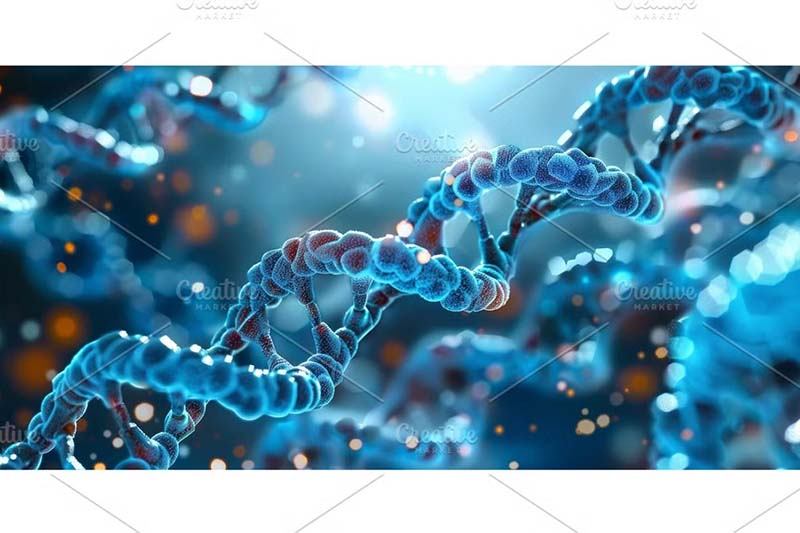
DNA Molecules
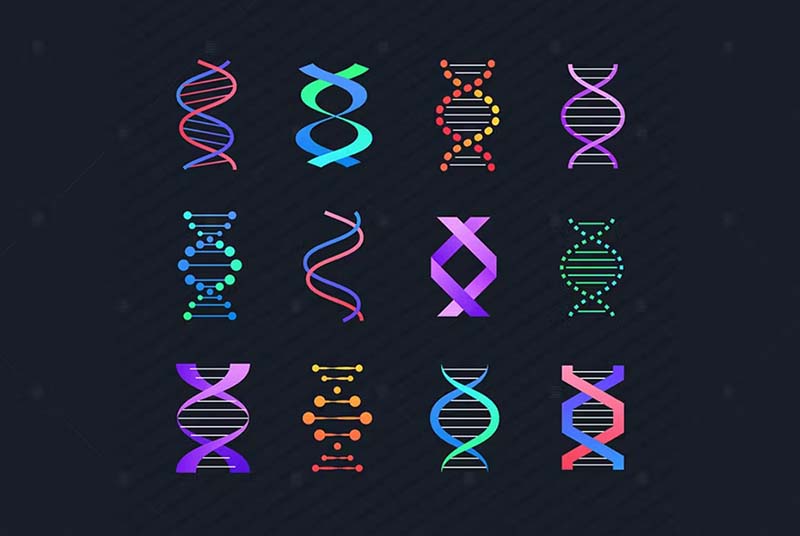
DNA Gene Helix Spiral Molecule
Genetics helix DNA Ai generated
DNA Molecule Structure
DNA Double Helix
DNA Science Research Vector Concept Illustration
DNA Structure & Brain Cell Network
The Artistic Side of Science
Beyond their educational value, DNA helix illustrations are a testament to the intersection of art and science. Artists use various techniques to depict the helical structure, ranging from detailed, realistic renderings to abstract, colorful interpretations. These artworks not only capture the essence of the DNA molecule but also evoke a sense of wonder and curiosity about the building blocks of life.
Applications in Modern Science
The depiction of the DNA helix in graphic form is not just for aesthetic pleasure. It has practical applications in modern science and medicine. For instance, these illustrations are used in genetic research to map out DNA sequences and identify genetic disorders. They are also pivotal in the development of gene therapy and personalized medicine, where understanding the exact configuration of DNA can lead to groundbreaking treatments and cures.
Inspiring Future Generations
The captivating images of the DNA helix serve as a source of inspiration for future generations of scientists and artists. They ignite a passion for exploration and discovery, encouraging young minds to delve into the mysteries of genetics and molecular biology. Through these illustrations, the story of DNA continues to unfold, revealing new layers of complexity and wonder with each discovery.
In conclusion, graphic illustrations of the DNA helix molecule are more than just visually appealing artworks. They are powerful tools that bridge the gap between complex scientific concepts and the human desire for understanding and beauty. As we continue to explore the depths of the genetic code, these images will remain a vital part of our journey, illustrating the elegance and intricacy of life itself.

